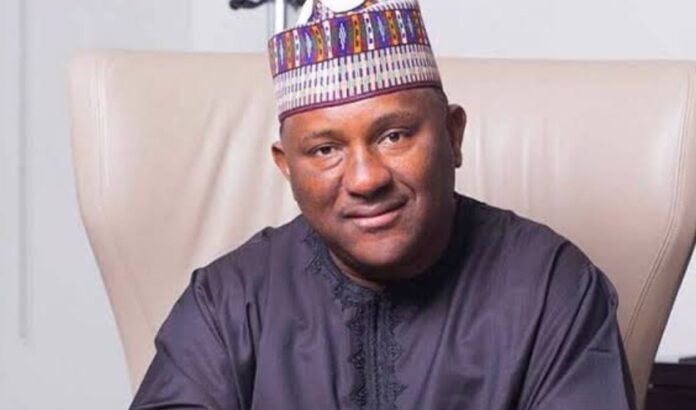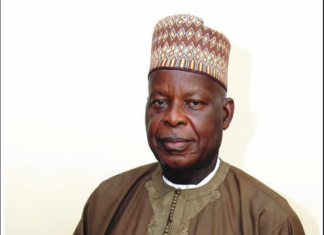Rabiu also said apart from the actions of cement dealers, BUA couldn’t sustain the policy due to the volatile nature of the foreign exchange market
By Kehinde Okeowo
The Chairman of BUA Cement, AbdulSamad Rabiu has said the efforts made by his company to crash the price of cement and sell at N3,500 per bag in 2023 was sabotaged by cement dealers.
He made this known recently while briefing journalists at the nation’s capital, Abuja.
According to Rabiu, BUA sold over a million tons of cement to dealers at N3,500 per bag, intending for these to be transferred to the end-users.
However, the cement sellers on getting the products decided to sell each bag of cement to consumers for prices ranging from N7,000 to N8,000.
Rabiu went on to say his company later discontinued the policy since it was not intended to support dealers financially.
He added that BUA Cement was unable to regulate the dealers who, he claimed, were earning substantial profits due to the high margins, as the company lacked influence over pricing in the open market.
ALSO READ: $1m fraud: Syndicate impersonating EFCC chairman Olukoyede arrested
He further noted that apart from the actions of the dealers, BUA couldn’t sustain the policy due to removal of fuel subsidy and the volatile nature of the foreign exchange market.
Rabiu said, “So, a lot of the dealers took advantage of that policy. Rather than pass the low prices to the customers, they were selling at even double the price we sold to them.
“Some were selling at N7, 000 and 8 000 per bag. They made a lot of money with a very high margin. I think we had sold more than a million tons at N3,500 before we realised what the dealers were doing.
“And then, because of the issues that Nigeria faced at the time about devaluation of the Naira last year and the removal of fuel subsidy, we could not continue that policy.
“We wanted that price to stay at that level but dealers refused. So, we could not sustain that simply because we did not want to be in a situation where we are subsidizing dealers.
“I’m referring to the point when the foreign exchange rate moved from about N600 to maybe N1,800 to the US Dollar. So, it became even more challenging and more difficult for us to actually sustain that price policy.”













